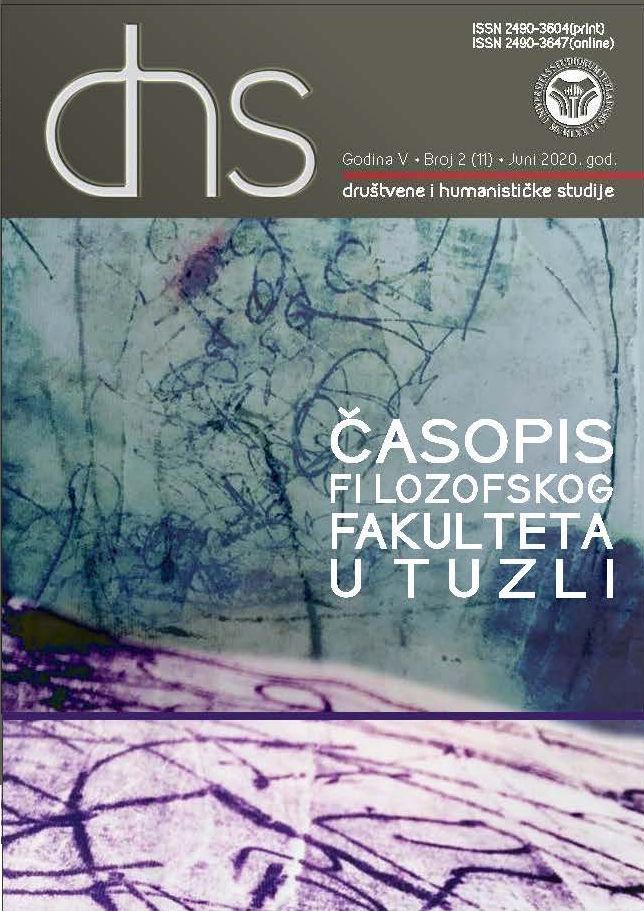Koncepti osamljivanja u klasičnom islamskom mišljenju
The Concepts of Seclusion in the Classical
Islamic Thought
Author(s): Samedin KadićSubject(s): Social Philosophy, Islam studies, Middle-East Philosophy
Published by: Filozofski fakultet Univerziteta u Tuzli
Keywords: ‘uzla; ĥalva; tadžrīd; tafrīd; ifrād; mutawaḥḥid; ‘ibād al-munqaṭi’ūn;
Summary/Abstract: The problem of seclusion in the classical Islamic thought is simultaneously religious, ethical, political,and a metaphysical one. The issue of withdrawal from the community is closely related to the matter of happiness. Is loneliness the way to contentment or only life in society can lead a man to happiness? This paper outlines the most important positions within the classical Islamic thought on the phenomenon of seclusion. Thus, Al-Fārābī, following Plato and Aristotle, emphasizes that happiness is achievable only in the political community. Ibn Haldūn holds an analogous opinion, seeing sociality as essential and economically indispensable. Tasawuf, both as experience and as a concept, give to the concealment and isolation a primal significance: the seeker for God’s love must abandon everything to approach the Supreme God, who is, in His absolute transcendence, also alone. Andalusian thinkers Ibn Bādždža and Ibn Ṭufayl take a middle position: man is a social being, but he is unhappy in society, society corrupts him, and therefore he strives for solitude that provides him with peace, cognition, and faith.
Journal: DHS-Društvene i humanističke studije: časopis Filozofskog fakulteta u Tuzli
- Issue Year: XI/2020
- Issue No: 11
- Page Range: 211-226
- Page Count: 16
- Language: Bosnian

